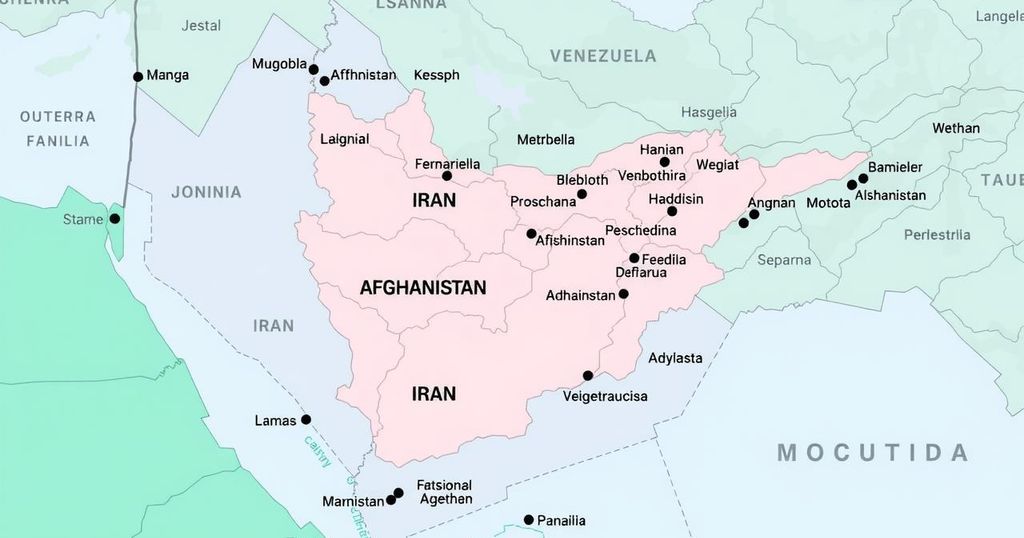The Trump administration plans to impose new U.S. entry restrictions affecting Afghanistan, Pakistan, Iran, Libya, Somalia, Sudan, Syria, Yemen, Chad, North Korea, and Venezuela. This follows a recent Executive Order aimed at enhancing security vetting. The proposed bans have drawn criticism from civil rights organizations, highlighting potential impacts on refugees and the effectiveness of existing vetting processes.
The Trump administration is preparing to impose new travel restrictions affecting countries such as Afghanistan, Pakistan, Iran, Libya, Somalia, Sudan, Syria, Yemen, Chad, North Korea, and Venezuela. This initiative follows an Executive Order issued on January 20, which mandates federal agencies to evaluate the security and vetting measures of these nations. The administration plans to enforce strict entry requirements, with potential partial or complete bans on admissions for individuals from the listed countries and an official announcement is anticipated shortly.
In his first term, President Trump enacted a series of travel bans beginning in 2017, which initially targeted specific nations. This policy faced extensive backlash and was criticized as a “Muslim Ban” for its focus on Muslim-majority countries. Despite facing legal challenges, the U.S. Supreme Court upheld the third iteration of the ban in 2018, asserting that it was within the President’s authority to safeguard national security.
Although the comprehensive list of countries facing restrictions has yet to be released, Afghanistan and Pakistan are currently under evaluation for potential inclusion. Advocacy groups like the International Refugee Admissions Project (IRAP) caution that such restrictions could severely impact Afghan refugees, particularly those holding Special Immigrant Visas, who are attempting to escape Taliban persecution.
Reports indicate that Pakistan’s inclusion is contingent upon security concerns and perceived weaknesses in its vetting processes. If sanctioned, this ban could hinder thousands of Pakistani nationals in their efforts to secure visas to enter the United States.
Civil rights organizations, notably the American Civil Liberties Union (ACLU), have promptly objected to the anticipated travel ban proposal, arguing against its necessity given that the Department of State and the Department of Homeland Security already implement some of the most rigorous vetting protocols worldwide.
The Trump administration is in the process of reviewing security protocols under the Executive Order, with the State Department and DHS required to finalize their list of countries facing restrictions within 60 days. With this deadline approaching, an official communication is imminent, and individuals are encouraged to refer to the U.S. Department of State and DHS websites for updates.
The upcoming entry restrictions by the Trump administration signify a continuation of stringent immigration policies targeting specific countries based on security assessments. This move raises concerns among advocacy groups about the humanitarian implications for individuals affected, particularly vulnerable populations such as Afghan refugees. As the deadline for finalizing the country list approaches, further developments are anticipated and will be closely monitored by observers and stakeholders alike.
Original Source: www.travelandtourworld.com




